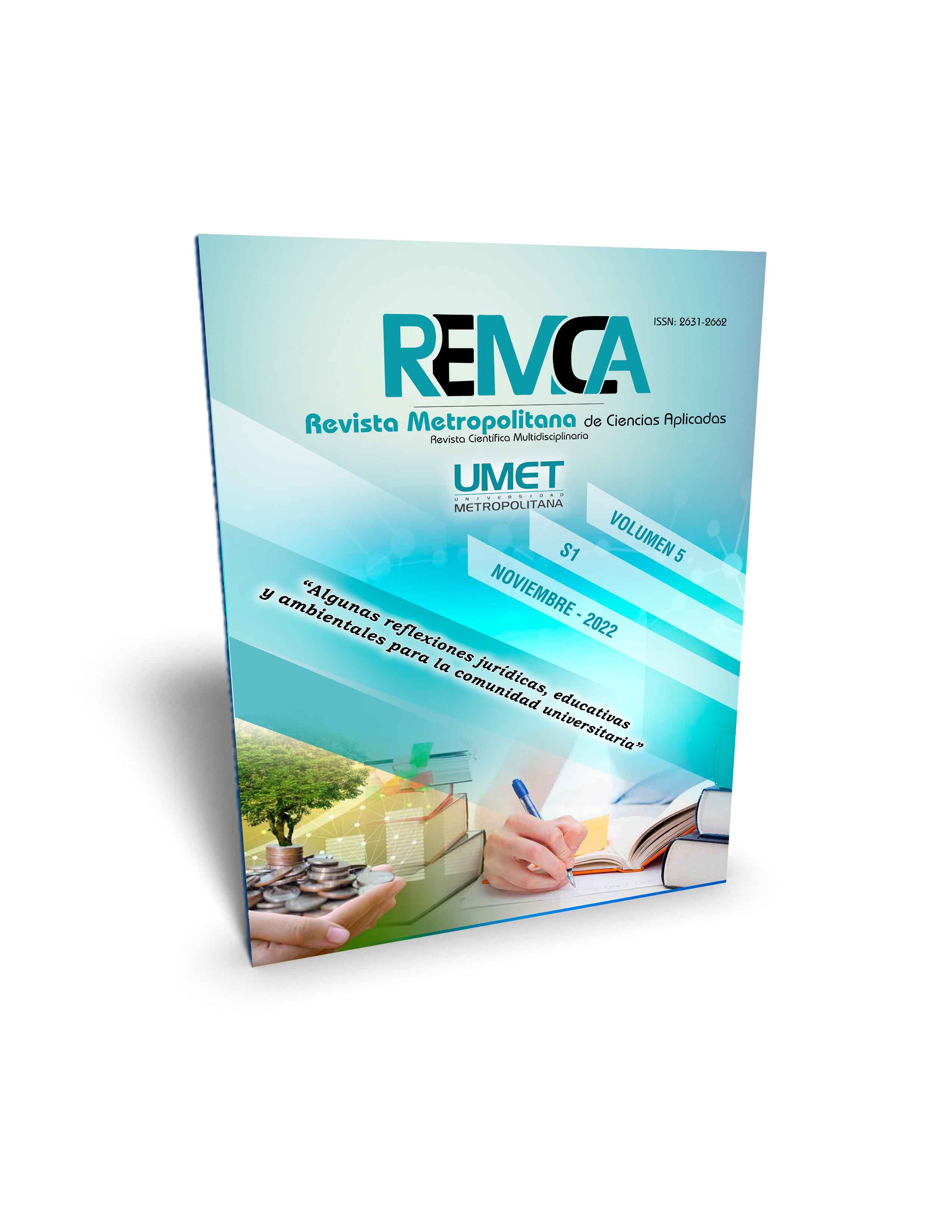Academic tutoring in the development of the teaching-learning process in higher education
DOI:
https://doi.org/10.62452/27pf3g55Keywords:
Academic tutoring, teaching learning, higher educationAbstract
In the field of Higher Education at the present time, changes are perceived in learning environments, particularly the virtual one. Therefore, university teachers have had to redefine their teaching work, and therefore the nature in which the teaching-learning process takes place. This consideration implies a transformation of the teacher's mode of action, from the didactic and methodological point of view in the conception of strategies, to generate significant learning that fosters the development of cognitive independence in students. From this perspective, academic tutoring becomes a tool that allows accompanying and guiding students to build their learning in the context of their training, a more personalized attention, from a relationship of help and accompaniment, to monitor and evaluate the learning from the active participation of this in the metacognitive development for the construction of knowledge. In the present study, the significance of academic tutoring is addressed, as a resource to accompany students in the teaching-learning process at the university, which allows them to reflect on their cognitive processes and on procedural self-knowledge for the learning process in students. environments in which it develops.
Downloads
References
Álvarez, M. (2008). La tutoría académica en el Espacio Europeo de la Educación Superior. Revista Interuniversitaria de Formación de Profesorado, 22(1), 71-88.
Álvarez, P., & González , M. (2005). La tutoría académica en la enseñanza superior: una estrategia docente ante el nuevo reto de la convergencia europea. Revista Interuniversitaria de Formación de Profesorado, 8(4), 1-5.
Badillo, J. (2007). La tutoría como estrategia viable de mejoramiento de la calidad de la educación superior. Reflexiones en torno al curso CPU-e R. Revista de Investigación Educativa, (5), 1-22.
Cabezas, B. (2008). Estrategia pedagógica para el perfeccionamiento del proceso de tutoría en la formación del especialista en anestesiología y reanimación. (Tesis doctoral). Universidad de Cienfuegos.
Duran, D., Flores, M., Mosca , A., & Santiviago, C. (2014). Tutoría entre iguales, del concepto a la práctica en las diferentes etapas educativas. InterCambios, 2(1), 31-39.
Ecuador. Consejo de Educación Superior. (2022). Reglamento del Régimen Académico. Quito: CES. http://gaceta.ces.gob.ec/inicio.html?id_documento=251023
Fernández, M., & Barbagallo, L. (2017). Ttutoría académica: Otra forma de enseñanza. Cadernos de Pesquisa, 47(166), 1314-1324.
Franco, Y. (2017). Rol del Tutor en el Contexto del Aprendizaje Virtual. Revista Scientific, 2(6), 270-285.
López, M., & Guerrero, D. (2008). Aspectos organizativos de la acción tutorial en la Educación Infantil y Primaria. En, T. Sola , & M. López, Bases teóricas para humanizar la educación a través de la Orientación y la Acción Tutorial. (pp. 107-149). Universitas.
Martínez, A. (2012). El Efecto de Innovar Mejores Prácticas en un Programa de Tutorías. Académica Española.
Murrieta, R. (2016). Entornos virtuales para el aprendizaje en Educación Superior: una experiencia con el uso del Moodle. Investigación Cualitativa en Educación, (1), 12-24.
Núñez, A. F. (2021). Tutoría académica en la educación superior: el rol del autor académico, tutor pedagógico y del estudiante en la modalidad a distancia. Retos de la Ciencia., 5(e), 64-75.
Obaya, A., & Vargas, Y. M. (2014). La tutoría en la educación superior. Educación química, 25(4), 478-487.
Pereira, J. (2021). Entornos Personales de Aprendizaje en la Educación Superior: Una alternativa para Construir Espacios de Innovación. Revista Tecnológica-Educativa Docentes, 10(1), 12-24.
Romo, A. (2011). La tutoría. Una estrategia innovadora en el marco de los programas de atención a estudiantes. ANUIES.
Senra, N., López, M. M., & Bravo, G. (2021). La estimulación metacognitiva: un recurso para la educación inclusiva. Reflexiones y requisitos para la práctica. Revista Varela,, 21(60), 194-202.
Tejeda, M. (2016). La tutoría académica en el proceso de formación docente. Opción, 32(13), 879-899.
Downloads
Published
Issue
Section
License
Copyright (c) 2022 Adalia Lisett Rojas Valladares, Ignacio García Álvarez, Yaquelín Alfonso Moreira, Yideira Domínguez Urdanivia (Autor/a)

This work is licensed under a Creative Commons Attribution-NonCommercial-ShareAlike 4.0 International License.
Authors who publish in Revista Metropolitana de Ciencias Aplicadas (REMCA), agree to the following terms:
1. Copyright
Authors retain unrestricted copyright to their work. Authors grant the journal the right of first publication. To this end, they assign the journal non-exclusive exploitation rights (reproduction, distribution, public communication, and transformation). Authors may enter into additional agreements for the non-exclusive distribution of the version of the work published in the journal, provided that acknowledgment of its initial publication in this journal is given.
© The authors.
2. License
The articles are published in the journal under the Creative Commons Attribution-NonCommercial-ShareAlike 4.0 International License (CC BY-NC-SA 4.0). The terms can be found at: https://creativecommons.org/licenses/by-nc-sa/4.0/deed.en
This license allows:
- Sharing: Copying and redistributing the material in any medium or format.
- Adapting: Remixing, transforming, and building upon the material.
Under the following terms:
- Attribution: You must give appropriate credit, provide a link to the license, and indicate if any changes were made. You may do this in any reasonable manner, but not in any way that suggests the licensor endorses or sponsors your use.
- NonCommercial: You may not use the material for commercial purposes.
- ShareAlike: If you remix, transform, or build upon the material, you must distribute your creation under the same license as the original work.
There are no additional restrictions. You may not apply legal terms or technological measures that legally restrict others from doing anything the license permits.




